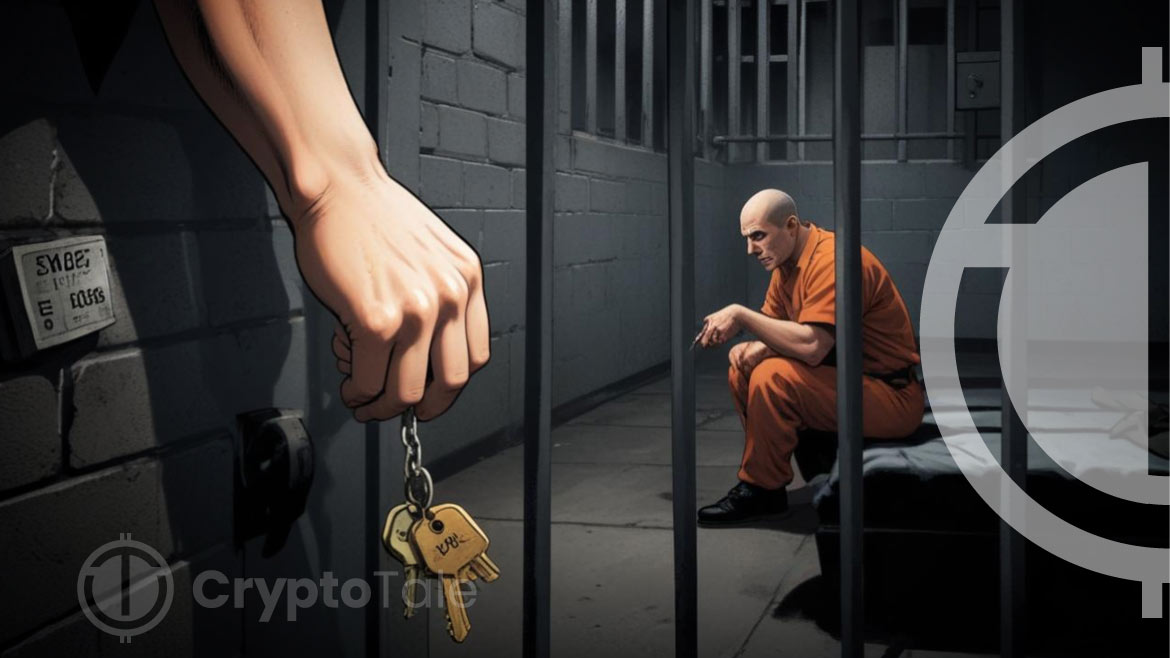- Legkodymov’s 18-month sentence deemed sufficient despite Bitzlato’s $700M illicit transactions highlights case leniency.
- Judge Vitaliano’s decision contrasts with Bankman-Fried’s 25-year sentence, reflecting different legal outcomes.
- Europol’s report links 46% of Bitzlato’s assets to illegal activities, showcasing the exchange’s significant criminal role.
Anatoly Legkodymov, founder of the defunct crypto exchange Bitzlato, will not face additional jail time despite his exchange’s role in processing over $700 million from illicit activities. On July 18, in a New York District Court, Judge Eric Vitaliano decided that the 18 months Legkodymov served at Brooklyn’s Metropolitan Detention Centre (MDC) was sufficient punishment. The judge acknowledged the harsh conditions of the MDC, highlighting that this time already served would be considered ample for the severity of his crimes.
Legkodymov, who pleaded guilty to operating an unlicensed money-transmitting business, had his sentence reduced to time served. This decision contrasts sharply with other high-profile cases, such as that of FTX founder Sam Bankman-Fried, who is currently serving a 25-year prison sentence following his conviction on multiple fraud charges. While Bankman-Fried’s trial was characterized by extensive legal battles, Legkodymov’s case concluded with a focus on the period he had already endured.
Judge Delays Tornado Cash Trial to December Amid Complex Legal ChallengesAdditionally, Legkodymov agreed to forfeit any claim to the $23 million in cryptocurrency assets seized by French authorities during a coordinated international crackdown. This sting operation, which also involved the United States, Spain, Portugal, Cyprus, and Europol, led to the closure of Bitzlato on January 23, 2023. The global effort aimed to dismantle the infrastructure facilitating illegal transactions on the Russian dark web platform Hydra Market.
The prosecution revealed that Bitzlato facilitated transactions involving over $700 million in cryptocurrency tied to illicit activities. Reports indicated that users of Bitzlato frequently engaged in transactions linked to cyber scams, money laundering, and even ransomware attacks. Furthermore, messages from May 2019 suggested that Legkodymov was aware of the criminal nature of many users on his platform.
Europol’s investigation uncovered that approximately 46% of the assets processed by Bitzlato were associated with unlawful activities. This figure underscores the scale of the exchange’s involvement in facilitating illegal transactions.
Despite the significant role of Bitzlato in these activities, the court’s decision to limit Legkodymov’s sentence to time served reflects a judgement that considers both the conditions endured and the broader implications of the case.






